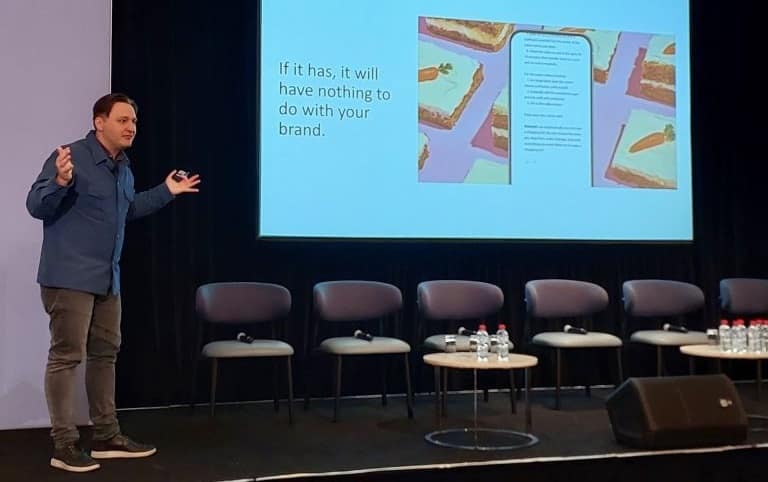Are we eroding online attention? with Juan Mendoza
Episode 192
In the world of capitalism, things that are rare are valuable. Macallan single malt scotch, mint Joe Dimaggio rookie card, vintage Patek Philippe, a Stradivarius, Japanese Wagyu steak, a suit from a Savile Row tailor, an original Worhal painting, or a made-to-order Rolls Royce Phantom. It also extends to digital assets, like the domain Tesla.com, which the original registrant sold to the car company in 2014 for $11 million.
We can add another item that’s limited, arguably it’s a one of a kind. But just like all other goods with high sticker prices, opportunists have attempted mass-producing it, commoditizing it. They’re idea has been to make it common enough and thus cheap enough to be sold everyday in a large marketplace.
The valuable resource that each of us has, of course, is time. About 200 years ago it became a measured thing, called attention. Ever since, the price it’s assigned has been paced by the places where media can be shown. In the present day, with a prolific amount of media-friendly technology around us, there’s almost no place where they don’t vy for our attention.
This is bad for consumers. But today’s guest points out how it’s not just bad for them. It’s bad for advertisers, too. He says that bad actors, those who are unscrupulous about what ads they show and how frequently they show them, are spoiling this for the rest of us. The excessive amount of messages aimed at consumers is undermining their ability to absorb them, decreasing the effectiveness of the advertising we do.
Taken to the extreme, the cheapening of consumer attention could harm the internet as a whole. A book by Tim Hwang, ‘the subprime attention crisis” points out that many information sites we all rely on are ad-supported, and the less ad revenue coming in, the less viable these publishers become.
Our guest is someone who has worked with notable leaders in the marketing technology space and who now runs his own media company.
He is the CEO of The Martech Weekly (TMW), a media company that’s read by leading marketing and technology executives in more than 65 countries.
He also hosts the Martech World Forum, an international gathering of world leaders in marketing technology and is a contributor to the “Making Sense of MarTech” podcast.
We’re heading to Melbourne Australia to speak with Juan Mendoza
Timestamps/Chapters
(00:00:00) – Intro
00:04:24 – Welcome Juan
00:10:28 – Attention is Finite
00:14:56 – Impact of hitting people’s attention ‘cap’
00:27:26 – Public Service Announcement
00:27:56 – The ‘attention inflation’ problem
00:38:11 – Historical precedents for what we are experiencing
00:41:56 – Where to contact Juan
People, Products and Concepts mentioned in the show
Juan’s piece on Inflating Attention


